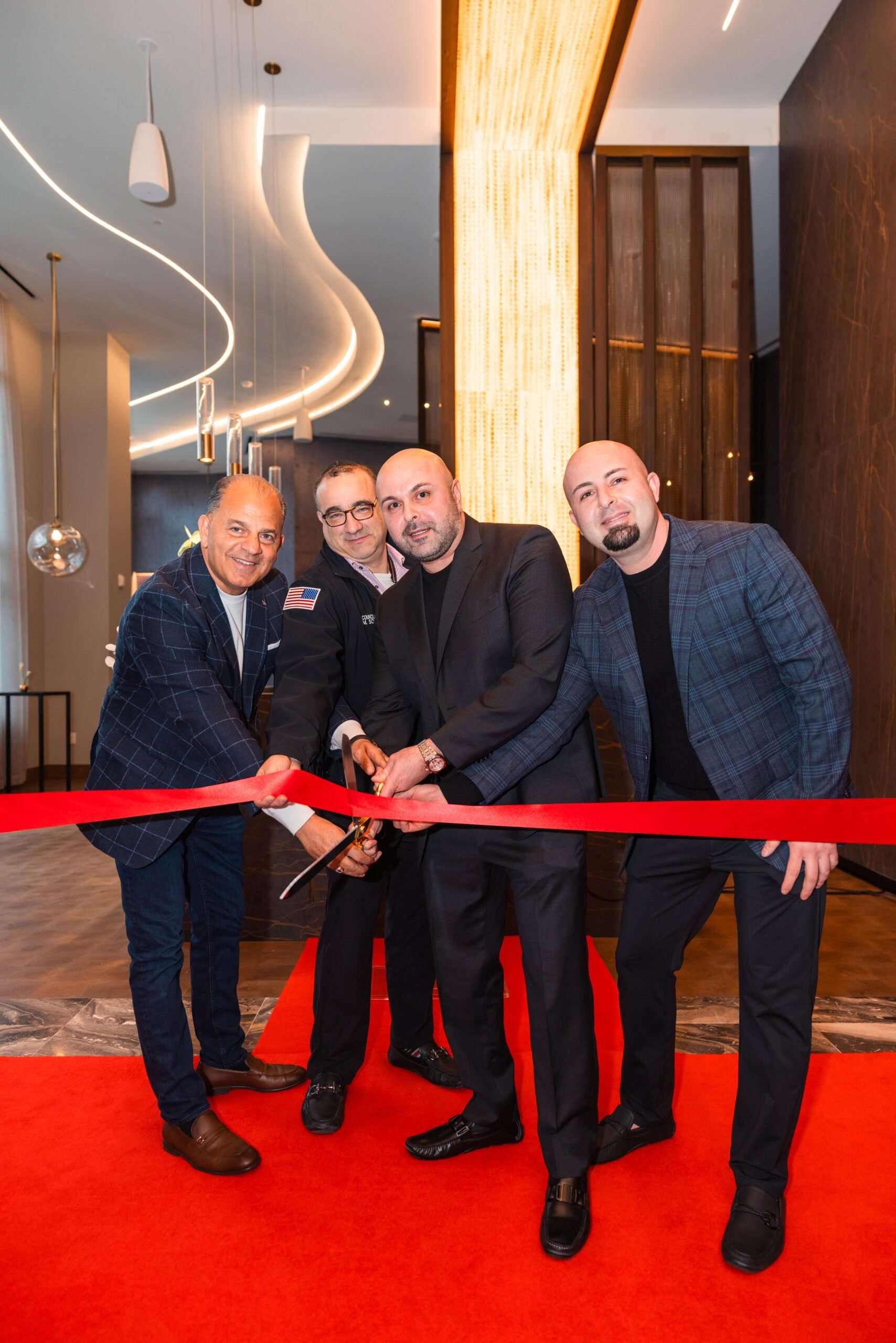Any challenge is made so much more bearable when it is not borne alone.
Pharaoh recognized this profound truth and used it manipulatively to intensify the suffering of Klal Yisrael. When Moshe approached him and asked for the Jewish people to be granted a break from their slavery to go serve Hashem, he responded not by increasing the expected quota of bricks but rather by maintaining those quotas while withdrawing his provision of the straw to make the bricks (Shemot 5:1-8). Pharaoh understood that if we were approaching him for a “favor,” the Jewish people were viewing him as a supportive employer who would be open to address the needs and wants of those who work for him. To correct that, he chose not simply to give us more work but to remove his partnership in that work. This would in turn make it much harder for us to accomplish anything at all as we would be feeling isolated and completely on our own.
In this light it is especially meaningful to note how Klal Yisrael rose to this challenge. The Torah (5:14, Rashi) records how the Jewish officers appointed by Pharaoh’s taskmasters to ensure the delivery of the quotas absorbed the blows of those taskmasters as they worked to protect their charges from Pharaoh’s wrath. Here, at a time when Pharaoh was working to make us feel so alone in our difficulty, we stood up for each other ensuring that we would indeed not be or even feel alone.
This is a critical idea for all of us to absorb, especially at this critical time. Our greatest gift to each other is not always to solve others’ problems or do their work for them. It is the sharing of the burden, doing our part to understand the challenges faced by the other and to ensure that they are not left to bear their burdens alone.
Rabbi Moshe Hauer is executive vice president of the Orthodox Union (OU), the nation’s largest Orthodox Jewish umbrella organization.











